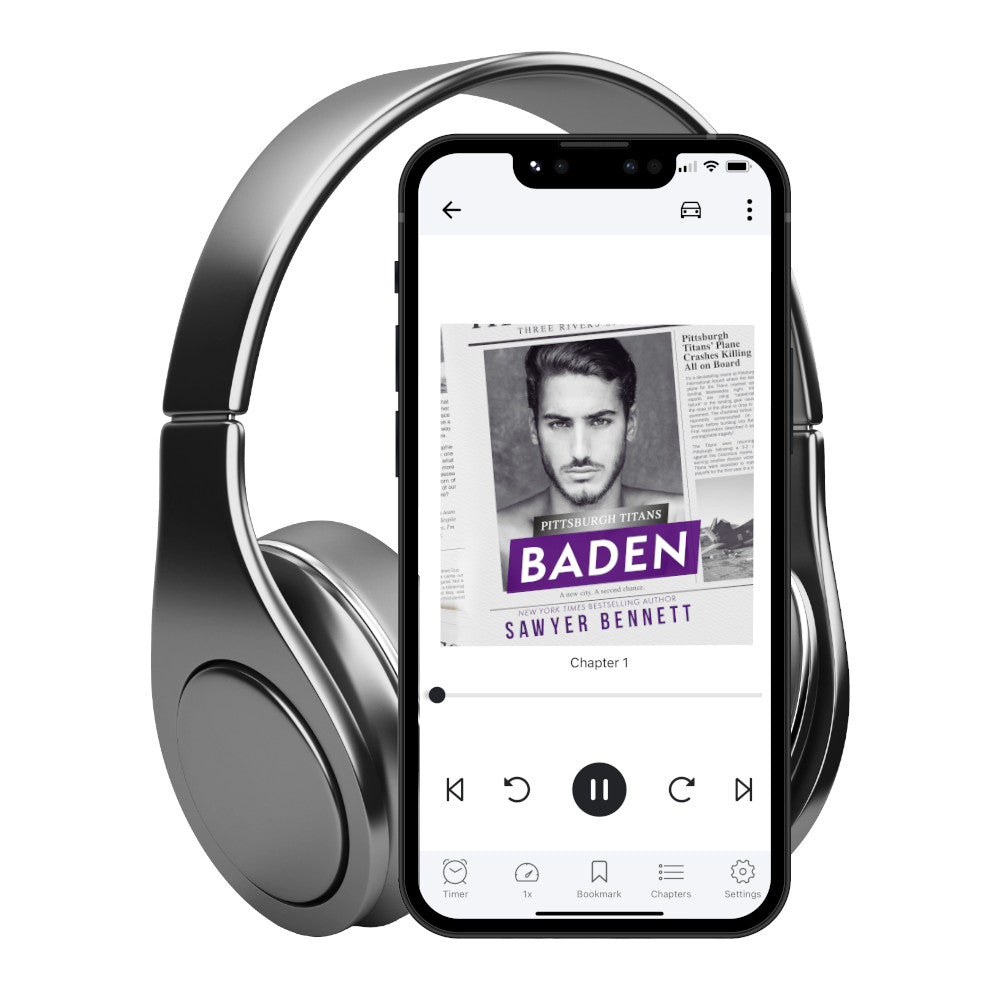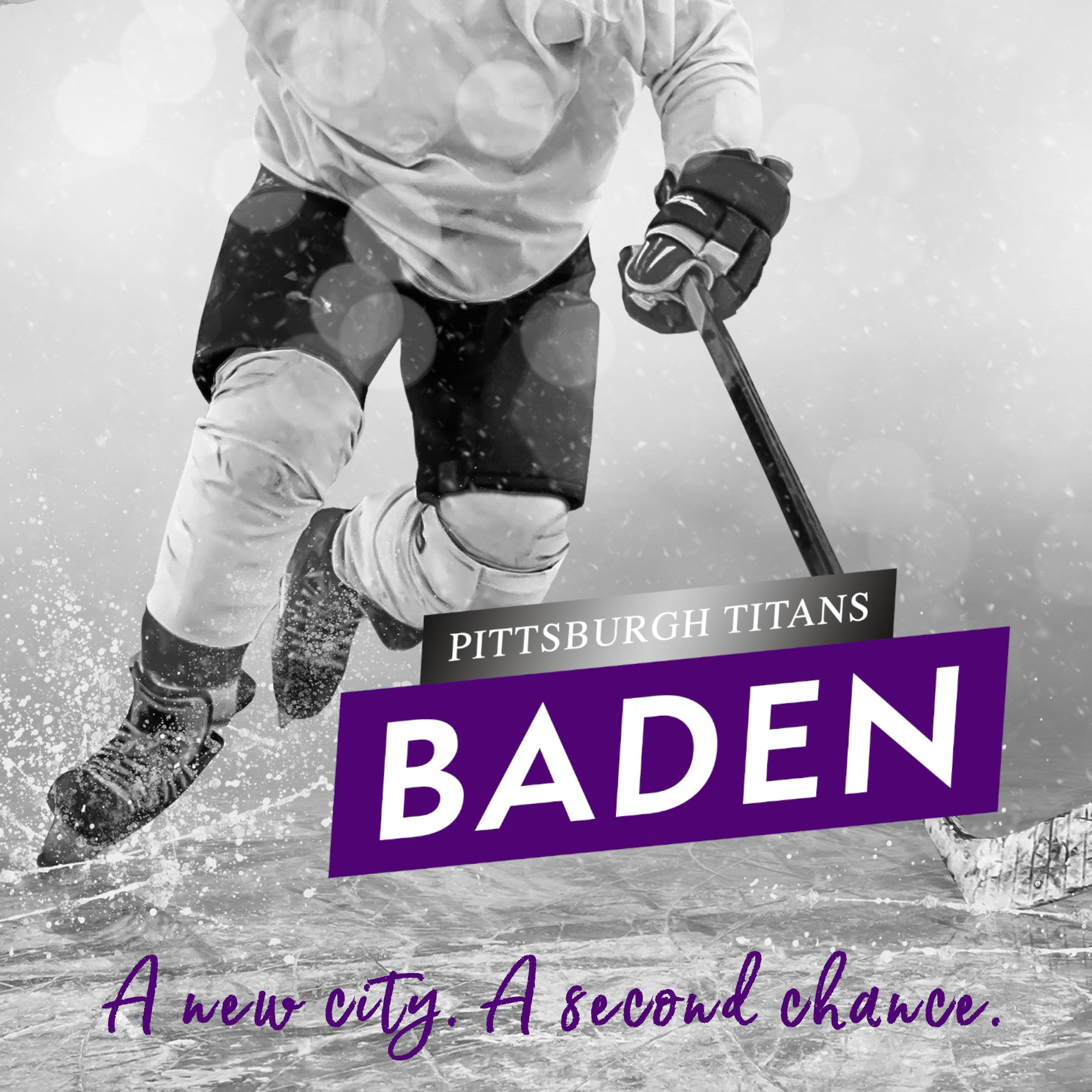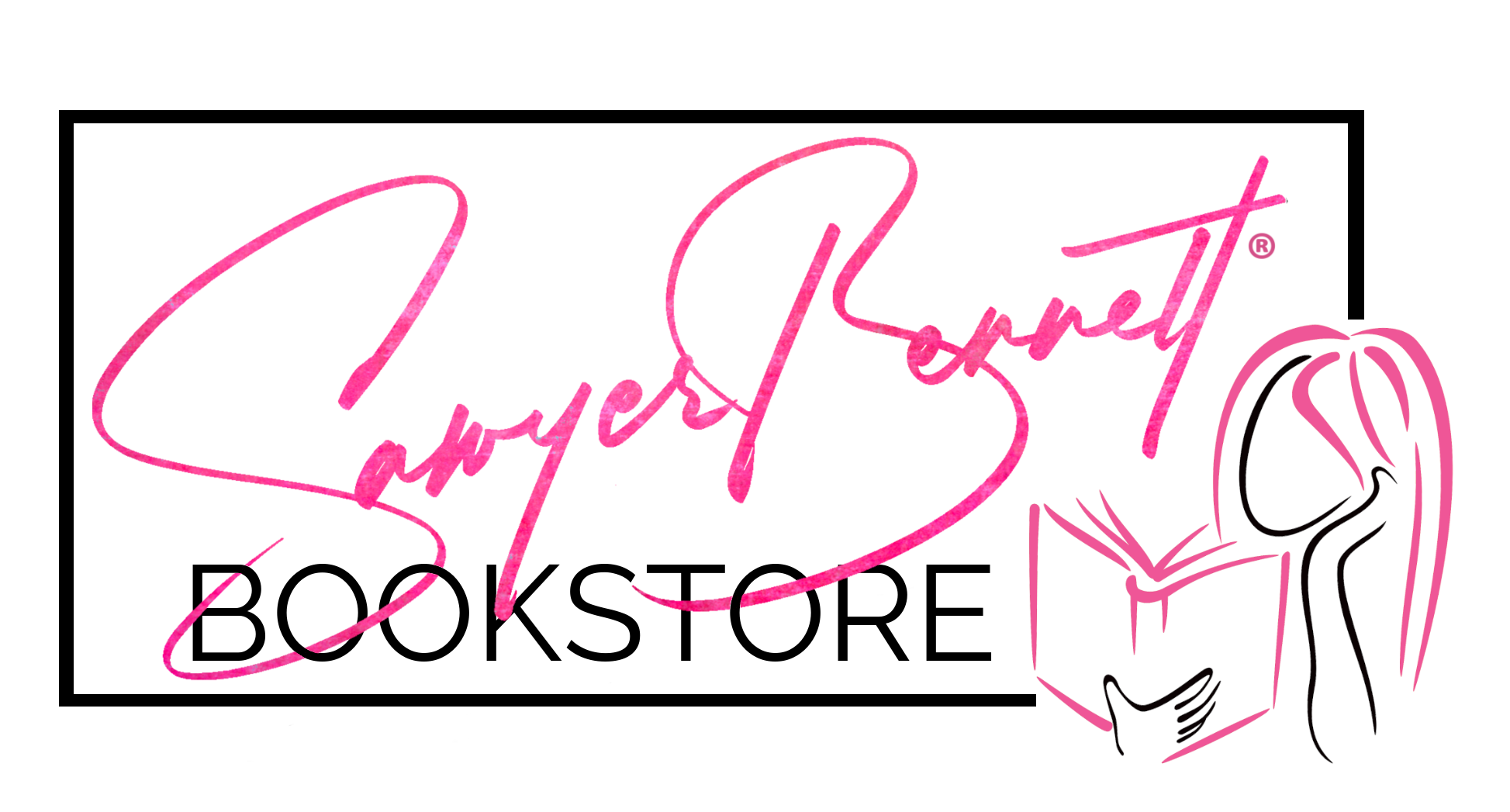Baden
Two memorial services back-to-back.
Yesterday, I eulogized my best friend, Wes, as his parents sat in the front row of their family’s church in Montreal. It’s the same church my family and I attended when I was growing up.
It’s where I first met Wes. We were friends from the start, long before either of us knew we’d love hockey or even be good at it. Only three months apart in age, he was the man I went to for advice on everything.
I was the man he came to for the same.
And now he’s gone, and I’m shattered.
I’m sitting in the Titans’ hockey arena for a collective memorial for all the people lost in the plane crash. The organization wanted something for the public, as the massive outpouring of shock and grief was crippling to many of the fans. Season ticket holders got seats, and the remainder were opened up for a lottery.
The arena—also used for the city’s professional basketball team—was free of ice today. Upon the court flooring, rows of chairs seated family members and friends of the victims. I was afforded one of those chairs and was representing the Hollyfield family. Wes’s parents didn’t have it in them to come to this service, having just buried him yesterday.
I wish I hadn’t come.
Every person who has had a turn at the podium is like a knife driving deeper into the wound. No one can stand up there and put a positive spin on things the way you might at the memorial service for a single individual.
In that instance, it would be perfectly acceptable to say, “He’s in a better place,” or “Time will ease the pain.”
But fuck… when you have dozens of people obliterated from the face of the earth, it makes every new, sad speech about it feel like torture.
Forty-two people died when that plane crashed, and it wasn’t instantaneous for some of them. It was a horrific crash upon touchdown where the plane cartwheeled before breaking apart and catching fire.
If a plane drops out of the sky, you can guarantee death happens in a millisecond and is painless as the aircraft hits with the force of a bomb.
This plane did not fall from the sky. Some of those passengers suffered before dying.
But they all died.
Two pilots, three flight attendants, five coaches, twenty-two players, six player support staff, a general manager, a co-owner, a hockey operations analyst, and the director of team services.
Before the service concludes, I decide to make an early departure. I have no desire to stand around and talk to people. Many players from the league are here, a moratorium on all games in effect until the day after tomorrow as a league-wide mourning period.
I’m done with memorial services and grief.
I just want to get back to my life in Phoenix.
I had positioned myself in the back row in case I wanted to leave early. In safe places where I’m familiar with the terrain, I can walk without my forearm crutches. But I have them now, not only to navigate around the arena and masses of people, but because my legs have been weak with grief and shock since the crash.
I quietly move away from the seated mourners to an exit that will lead me to an elevator, which will whisk me to the main level where I’ll call an Uber. My flight back isn’t for another six hours but sitting in the airport’s club lounge is far preferable to this. I made my appearance. I grieved with everyone else.
And now I’m done.
“Mr. Oulett,” someone says before I reach the exit.
I stop, glance over my shoulder, and see a man in a dark suit striding toward me. I turn to face him.
“Mr. Oulett,” he says again when he reaches me, keeping his voice low. “I see you’re getting ready to leave, but Ms. Norcross was wondering if you would have time to talk to her. I know she was going to approach you as soon as the service concluded.”
My eyes about bug out of my head. There’s only one Ms. Norcross he can be talking about, and that’s Brienne Norcross, the co-owner of the Pittsburgh Titans. She was not on that plane, but her brother Adam—the other co-owner—was.
I have no clue how she’d even know who I was, much less why she’d want to talk to me. It’s well known across the league that while she owned fifty percent of the Titans hockey team, it was her brother who handled everything. She was more of an heiress owner than a hands-on type, although I imagine right now, she’s got no choice but to take over.
On the flip side, what in the fuck is left to manage? The entire team is dead.
“I’m not sticking around for the end,” I say to the man, presumably one of Ms. Norcross’s assistants.
“I understand, sir,” he says with a slight bow. “I can escort you to the owner’s box and you can wait there. I believe the service should be done in about fifteen minutes.”
I really want to leave, but it would be rude to do so when I’ve been specifically requested for a talk with the now-singular owner of a dead team. So I nod and follow the man as he leads me to the owner’s box.
***
Brienne Norcross is a beautiful woman, but I don’t know much about her other than she inherited ownership with her brother, Adam, when their father passed away two years ago. I don’t know her age, but I’d guess early thirties. She’s dressed appropriately in black, her pale-blond hair pulled back into a tight knot at the nape that accentuates every curve and angle of her face. Her eyes are a deep blue, but they’re rimmed red from tears, and dark circles indicate she hasn’t been sleeping.
Can’t blame her.
“Mr. Oulett,” she says as she strides into the owner’s box, the assistant who brought me up here on her heels. He hangs by the door. “I’m Brienne Norcross.”
She holds out her hand, and I take it, having ditched my crutches in favor of leaning an elbow on a tall table. “Ms. Norcross, I’m sorry to meet you under these circumstances.”
“Please call me Brienne,” she says, and then politely asks, “May I call you Baden?”
“Sure,” I reply.
Our hands release, and she steps to the other side of the table, leaning her forearms on it and clasping her hands so she can face me.
“I’m sorry for your loss,” I say, needing to get those condolences out. I have no clue what her relationship was with her brother, but by the tears swimming in her eyes, I’m assuming they were close.
She nods, faintly smiling. “Thank you. It’s still sinking in. I understand you were quite close to Wes Hollyfield.”
I’m shocked she knows such a personal tidbit about me, and it must show on my face.
“Forgive me,” she says softly. “I talked to Dominik Carlson about you yesterday, and he told me about your friendship with Wes. That’s how I knew you’d be here.”
Now I’m really fucking confused, and given the toll the last week has taken, I’m not in a good mood about it. “You talked to Dominik about me? Why?”
“I’ll need to rebuild the team, of course. And—”
I snort, hard and loud. It’s rude, and I’m unapologetic. “In case you haven’t noticed, my legs don’t work quite right. I get you need a new team, but I’m sure not your best choice for a goalie.”
Brienne’s cheeks flush pink, and she apologizes. “I’m sorry. I’m not very good at what it takes to run a professional hockey team. Yes, I understand fully about your medical situation, but I’m not looking for a new goalie.”
“Then what are you looking for?” I ask tentatively.
“A new goalie coach.” Her eyes bore into mine, and there’s no apology now. “While Dominik would not give me any information on your current medical status, I’ve read a news summary of your condition. I have no clue whether you can return to play, but I wanted to offer you an alternative.”
“An alternative?”
“As the goalie coach for our team,” she adds, because I can see she’s unsure if I understand the offer.
“I’m not a coach,” I say, the denial of my potential immediate.
“You’re not a player either,” she replies coolly, and I wince. That was harsh, but accurate.
“Why me?” I ask, needing to know if I’m a charity case, needing to know if she’s making stabs in the dark, maybe not even truly caring about this team.
“Actually, my brother Adam had his eye on you.” The mention of his name causes a tiny sound to warble in her throat. She looks down at her hands until she regains her composure. When she looks back up, her eyes are watery but determined. “He was going to reach out to you to see if you wanted an assistant goalie coach position. Our current coach—I mean, our coach who was on the plane—was going to retire at the end of next season. Adam was considering bringing you on as an assistant to groom you to take over next season.”
“Oh.” My gaze cuts left to look out of the owner’s box. We’re too far back from the railing to view the entire arena floor, but I can see it’s mostly emptied out.
“I know this is a lot to process, especially after losing your friend. My goal is to rebuild the team as quickly as possible, and I’m going to need an answer soon. I have a written offer for you—”
“Rebuild?” I exclaim, interrupting what sounded like a very rehearsed speech. “How in the hell can you rebuild an entire team?”
I’m angry at the notion that they could be replaced so easily.
Or rather, that Wes could be replaced so easily.
“We’ve called up most from the minors,” she says flatly. “Others out of retirement.”
“The plane crashed a week ago,” I snap. “Maybe give people time to adjust.”
Her eyes flash with fury. “My brother died on that plane, and while I envy the luxury of taking your grief at a measured pace, I not only have a brother to mourn but I have an organization to run. I have hundreds of people relying on jobs, and this company has bills to pay. I have to get a team on the ice, or this entire organization will be dead forever.”
That effectively puts me in my place. The reminder that she lost a sibling did it, and I can’t even begin to imagine the pressures of running a professional hockey team.
Not to mention I should be flattered, if I weren’t so discombobulated that they wanted me to be an assistant coach long before the plane went down.
“I’m sorry.” My regretful tone is genuine. “It’s been hard. When do you need an answer?”
“Yesterday,” she says, her smile mirthless and without warmth. “I know this is a lot to consider—”
“I need a few days,” I tell her. “I have to talk this over with my doctors and therapists. With Dominik.”
“To see if you have a chance of playing again,” she murmurs knowingly.
“I already know I have a chance.” There’s no bitterness in my voice that the chance is one in a billion. “I just need some real talk about how realistic it is, and I have to weigh it against this opportunity.”
“Fair enough.” She looks over at her assistant lurking near the door. “If you’ll give Michael your contact information, including your email, we’ll send the formal offer immediately for you to review.”
Should make for some good reading on the plane.
Not that I’d really consider this. It’s ludicrous to think I could be a coach. It would be foolish to give up my dreams of returning to play, no matter that those dreams are probably just as ridiculous as this offer. Moreover, if I took this position, I’d have to leave the people who supported me the most and all my amazing doctors and therapists.
It would be an entirely new life, and I don’t know if I’m ready for that.
Of course, I wasn’t ready to lose my legs either, but that happened. And I’ve worked hard in my recovery. It’s still unknown if all that effort will mean anything when it comes to me returning as a goalie.
But what Brienne is offering is an entirely new life and career—one I’d never imagined before, but one that would give me security and keep me involved in the game I love as much as I love my life.
I have major decisions to make. I’ll need to talk it over with many people.
And I don’t have much time to get it all figured out.





